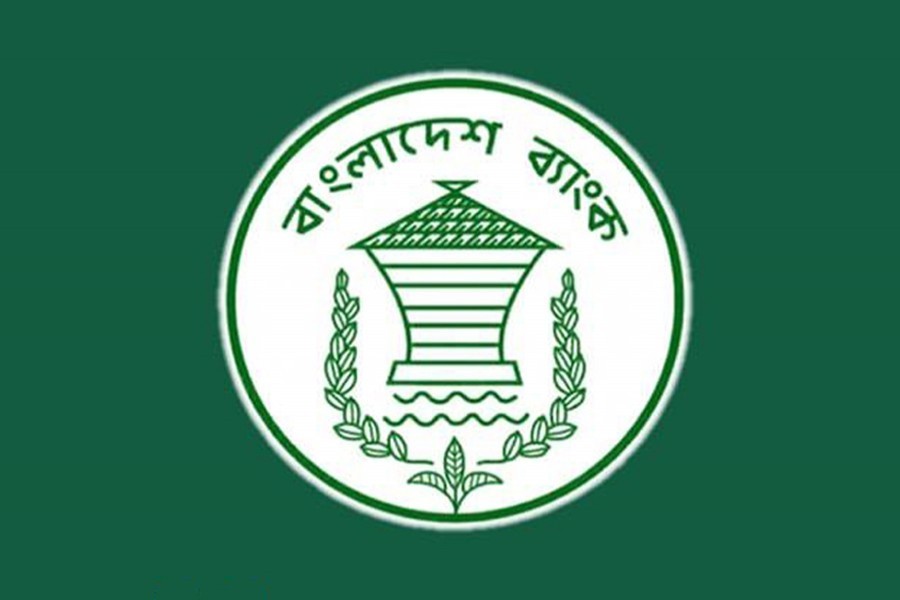The central bank issued a new guideline on Corporate Social Responsibility (CSR) on Monday, focusing more on healthcare and environment issues, to help ensure the country's sustainable development.
All the scheduled banks and non-banking financial institutions (NBFIs) are allowed to expend minimum 30 per cent of their total CSR funds, instead of the previous 20 per cent, to facilitate healthcare supports, according to the guideline.
Under the fresh guideline, spending for environment and climate change migration and adaption sector has been enhanced to 20 per cent of their total CSR funds, instead of the previous 10 per cent.
The central bank also said Bangladesh is one of the most vulnerable countries in the world, which faces adverse impacts of global warming and climate change.
Health, energy, water supply, sanitation, industry (mining and construction), transport, trade, tourism, agriculture, forestry, fisheries, environmental protection and ecosystem, goods and services, and food security are the key development sectors of the country that are directly affected by climate change.
"The Bangladesh Bank (BB) and other banks/NBFIs are trying to participate actively in an environment-friendly economy to protect the environment due to rapid climate change," it added.
However, expending for education sector remained unchanged at 30 per cent of the total CSR funds of the banks and NBFIs.
"We've emphasised healthcare and environment issues through boosting spending limits of the banks and NBFIs to ensure sustainable development of Bangladesh," a BB senior official told the FE, while explaining the main objective of the CSR guidelines.
He also said a lot of issues have been incorporated in the fresh guideline for supporting the vulnerable and underprivileged groups by promoting the social responsible framework approach.
The central bank, however, imposed restriction on financing in different areas, including branding or business development along with militancy and terrorism activities, under the CSR funds.
"Any suspected event or project of any institution/individuals, having CSR assistance and charged with abuse of CSR assistance, will be ineligible to access for any further assistance, and may be reported to law-enforcement agencies for penal proceedings according to relevant laws and regulations," the guideline warned.
The banks and NBFIs have been asked to preserve all records of CSR activities along with end-use monitoring documents for onsite inspection by the BB/internal and external audits.
"The banks and NBFIs must adopt a strong commitment to ensure sustainable development through positive supports towards social, economic and environmental responsibility to the society and the country as a whole," it noted.
On December 22, 2014, the BB issued the first guideline on CSR for the banks and NBFIs to ensure use of the funds through boosting monitoring and supervision.


